Carbon Capture Demonstrator
Carbon capture and storage (CCS) is a process that reduces carbon emissions, there is a drive globally to prevent global warming and the CCS process is key to this. The CCS process involves capturing the carbon dioxide at the source, this could be produced by a power generator, an industrial manufacturer like glass, or even a brewery. The captured carbon can then be sent for long-term underground storage or utilized in other sustainable product streams like graphene or to keep produce fresh.
DarbyTech has created a rig for the demonstration of the carbon capture process, the demonstrator is a simplification of a solvent-based carbon capture process.
The trainer is packaged so it looks and feels like an actual industrial facility. At the heart of the trainer is an absorption column, this is the central technology to the carbon capture process. As flue gas is brought in from an emulated industrial emitter, it is passed against a solvent that is used to capture the carbon dioxide (CO2) using absorption. The remaining ‘clean’ flue gas is then emitted into the atmosphere the CO2-rich solvent is later regenerated and the CO2 is liberated and captured.
Designed with fully rated stainless steel pressure vessels and an industrial feel control system, the carbon capture trainer is virtually simulated using water and allows for a safe, interactive, and immersive hands-on learning experience using DarbyTech's unique colored LED indication process with water and compressed air. A series of operating conditions can be simulated, from steady state (depicted below) to abnormal operating conditions and faults that may arise during processing.
There are 8 standard operating modes that are in built into the carbon capture trainers control system, this allows the instructor to train the students in the basic carbon capture principles, industrial operations, and equipment, and to test the students under abnormal conditions. The main aim of these structured modules is to give the students a close-to-real-life experience of an industrial facility within a classroom environment. The students will also be able to gain experience in industrial PLC systems with Level, Flow, and Pressure control.
